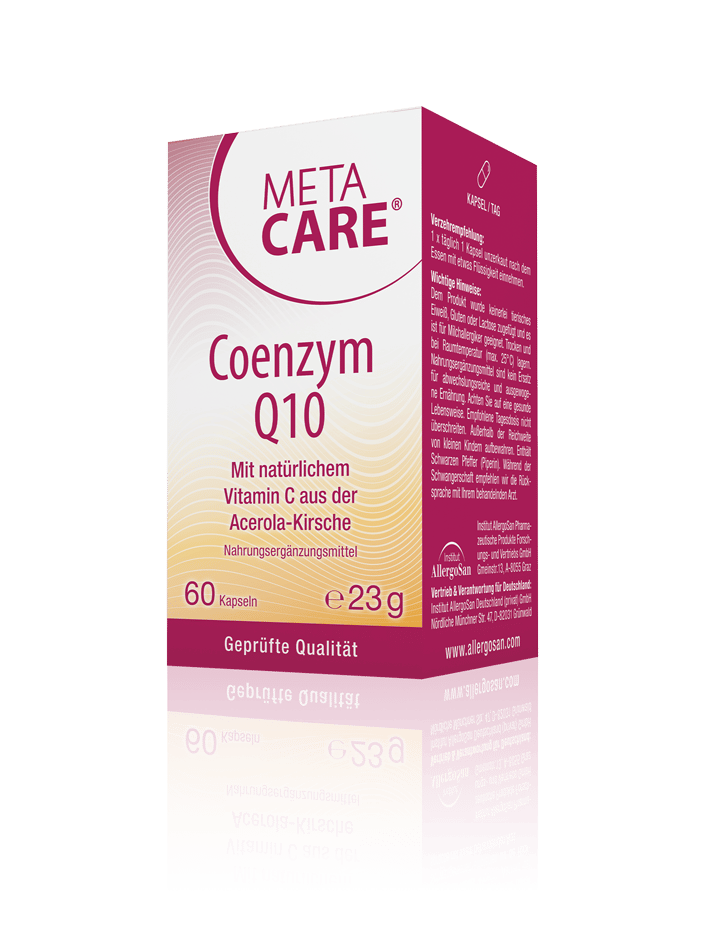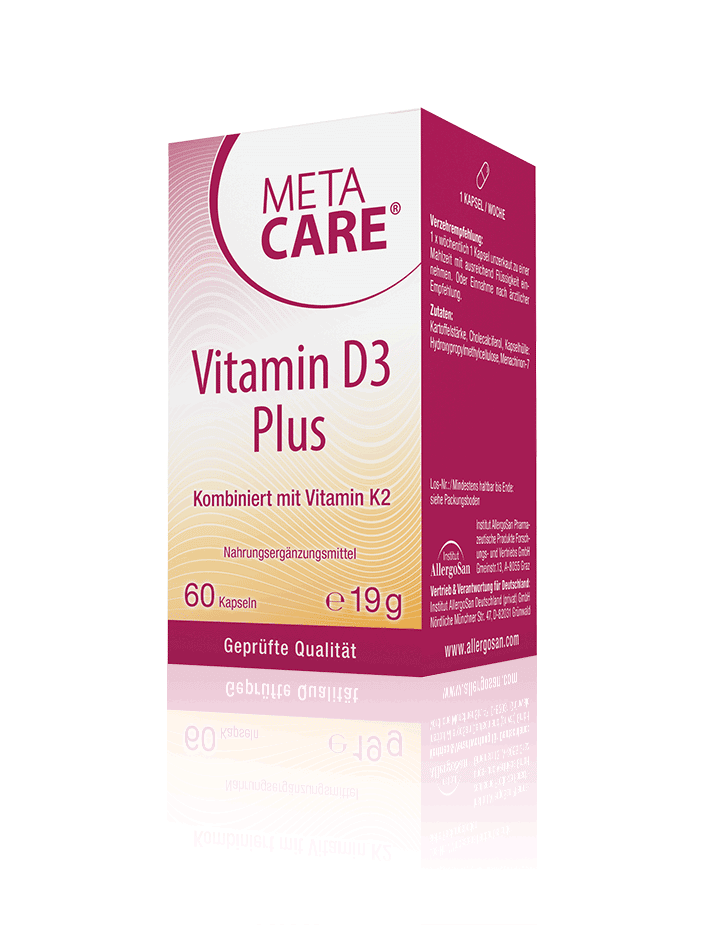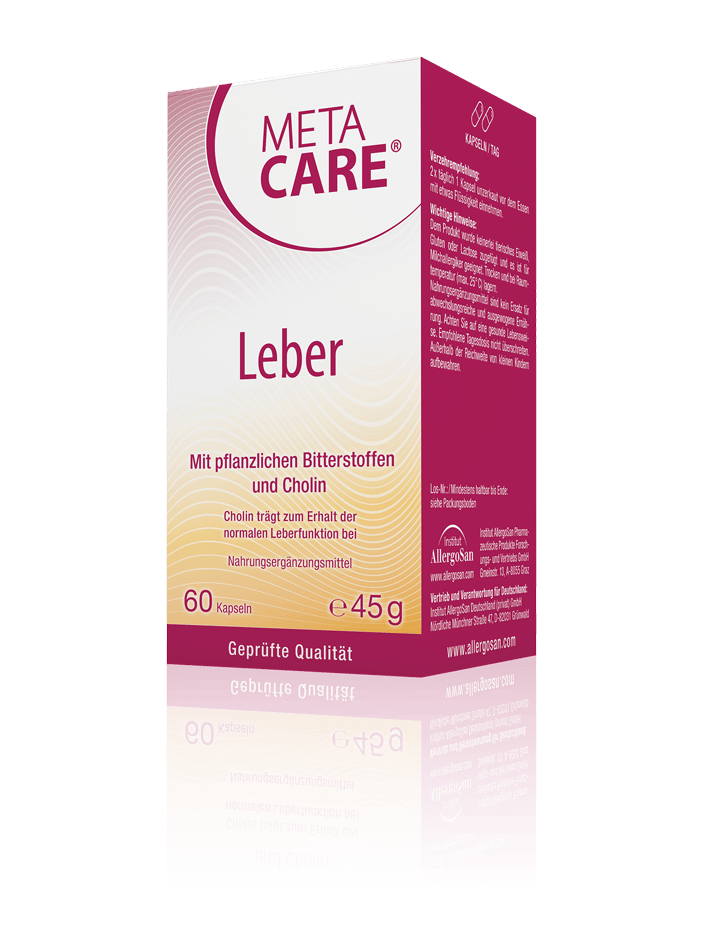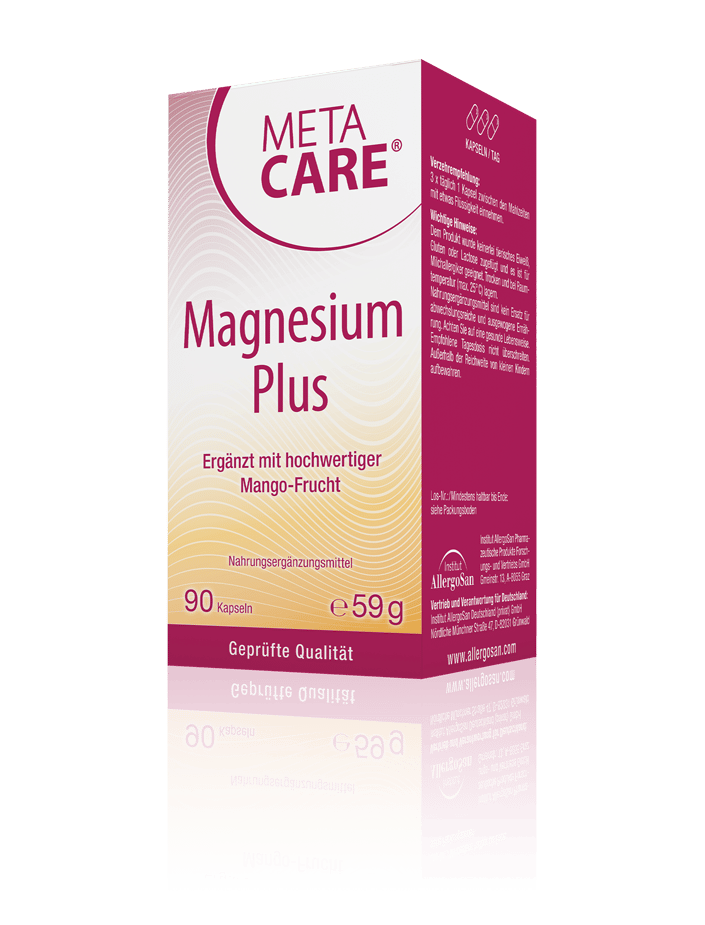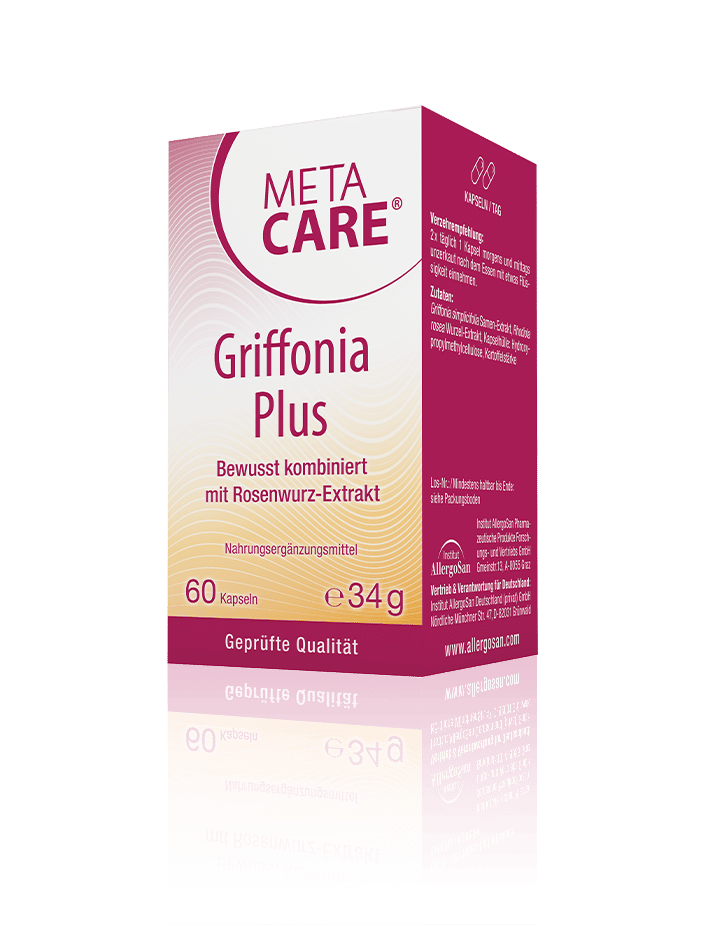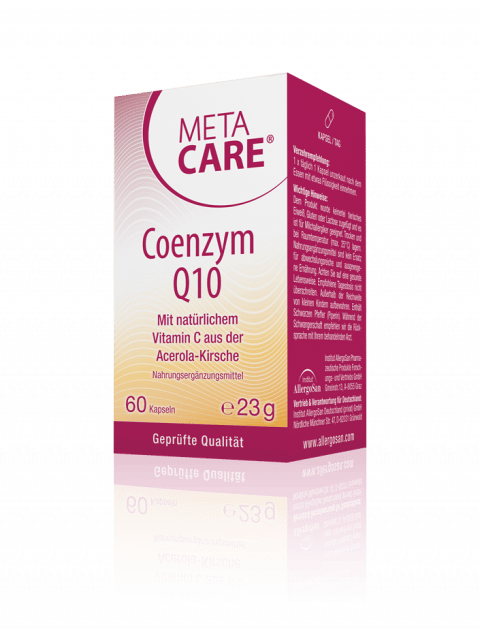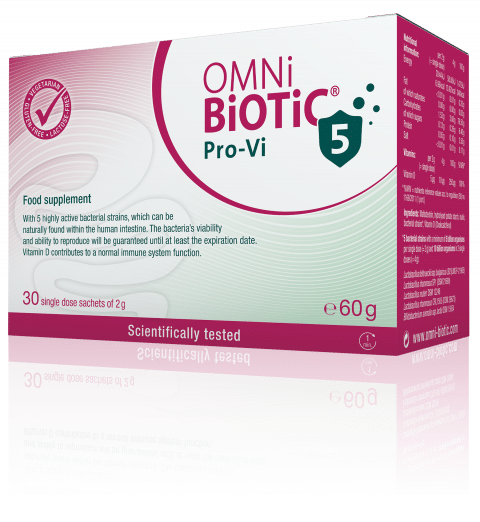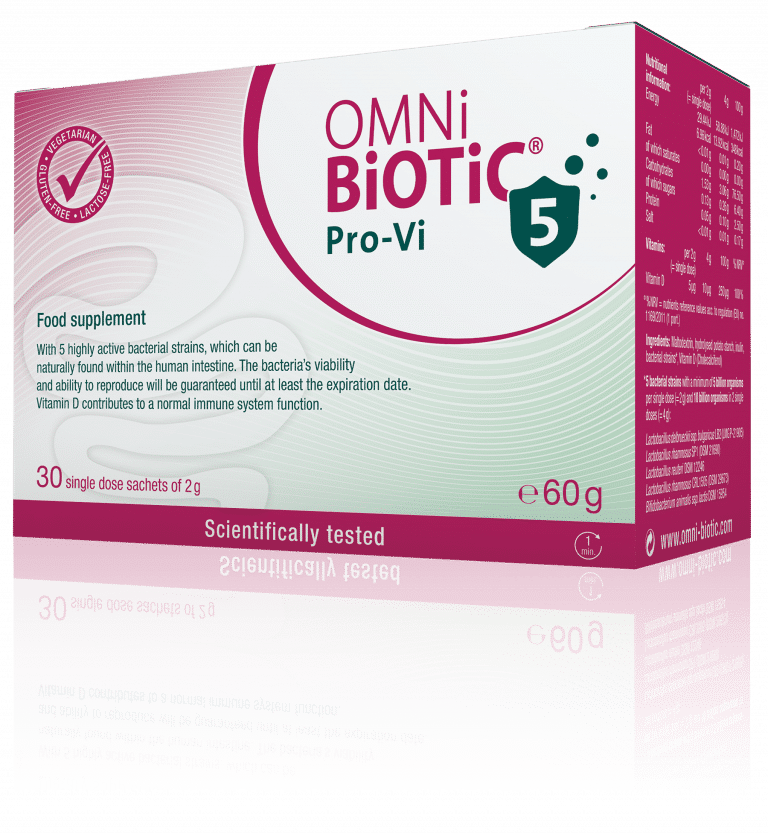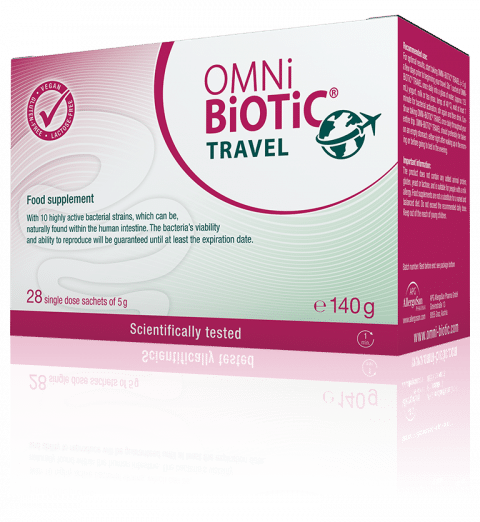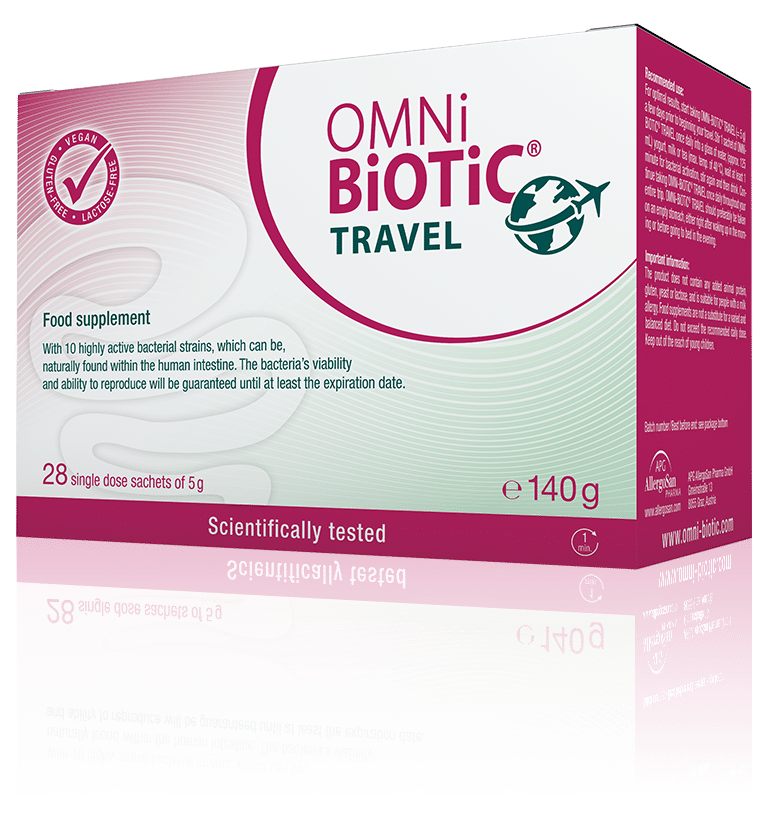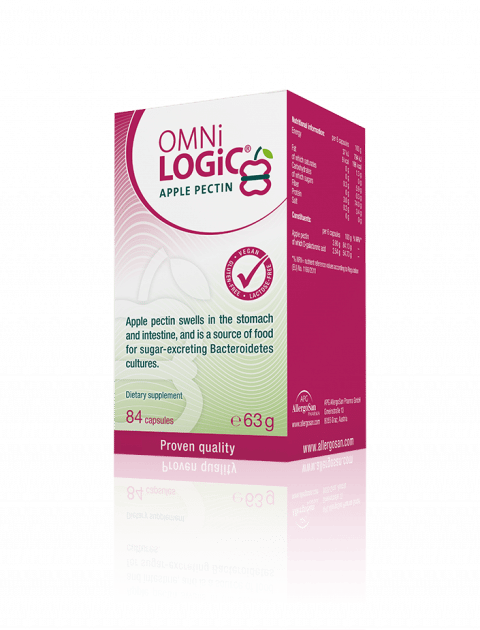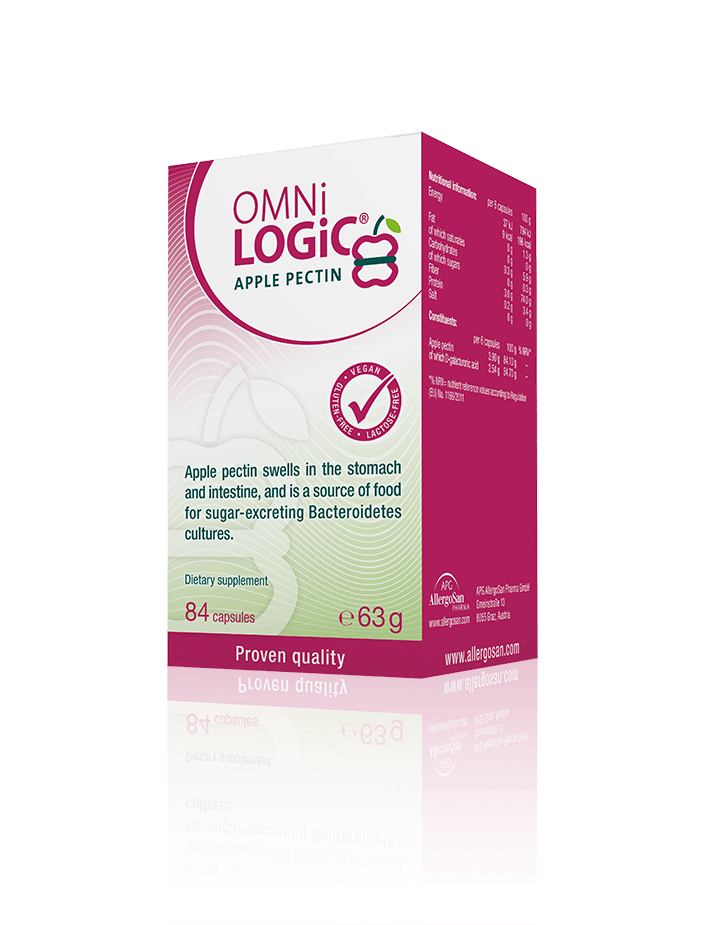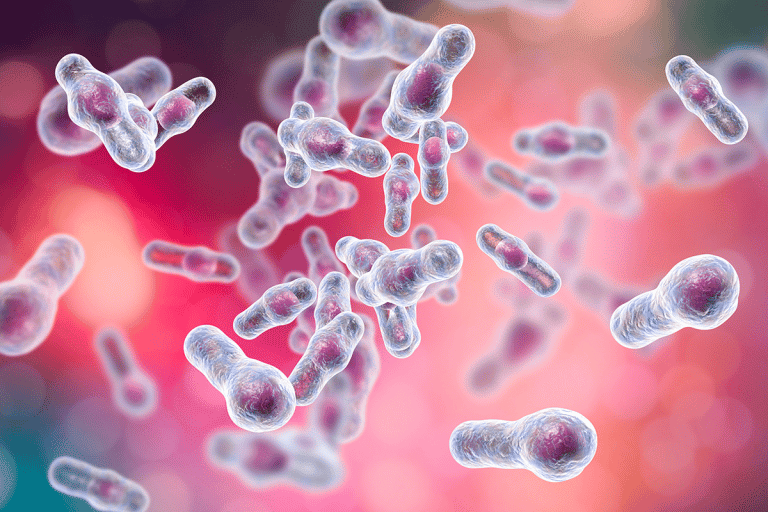
Sport & Weight Management
Influence of the gut flora on weight
Lack of exercise, a high-calorie and one-sided diet and stress can be responsible for our waistline expanding. It is interesting, however, that the composition of the gut flora also plays a decisive role here.
Hardly anything is as important in our society nowadays as the ideal appearance and body weight, and it is difficult to find a healthy middle ground. On the one hand, extremely slim bodies continue to be flaunted in social and public media (albeit with a slight downward trend) and unattainable wishful thinking is created; on the other hand, health organisations present alarming figures according to which the number of overweight and obese people nowadays. It seems that it is becoming more and more challenging for individuals to find their personal ideal weight that does not harm their health and that they are happy with.
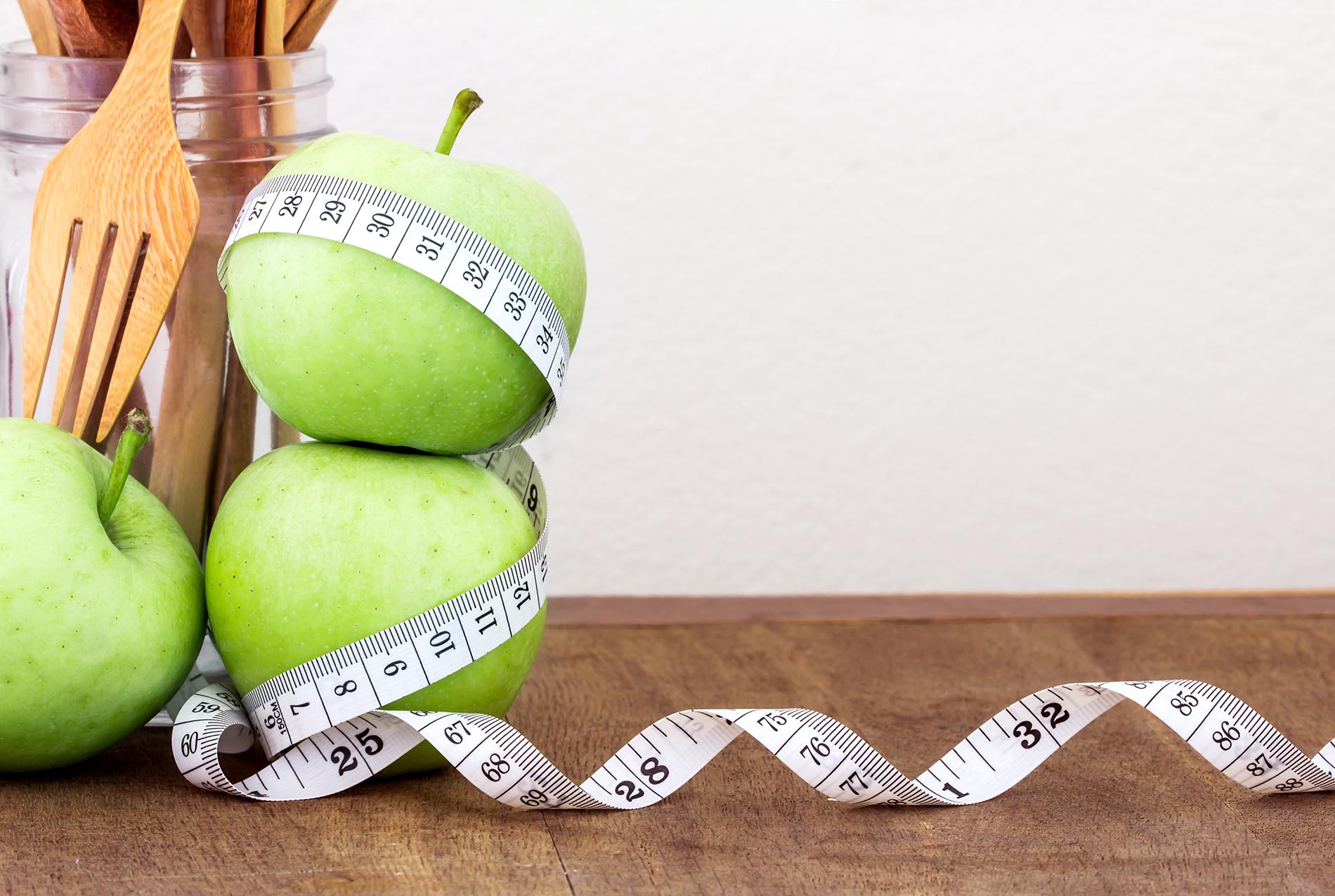
Bacteroidetes and Firmicutes
One important finding is that the composition and diversity of intestinal bacteria differ between slim and overweight people. There are clear differences in the colonisation of the bacterial strains Bacteroidetes and Firmicutes. Bacteroidetes dominate in the intestines of people with a healthy weight, while Firmicutes strains predominate in obese people. Ideally, these two groups of bacteria are present in the gut in a balanced ratio. In obese people, however, the ratio can be so greatly shifted that there are up to 2,000 times more Firmicutes than Bacteroidetes in the intestine, which has a direct effect on energy metabolism.

Get in shape with your gut
The path to a healthy weight - especially in modern-day society - is not an easy one and includes obstacles in the form of omnipresent temptations (from snacks to sweets and soft drinks) and social customs or festivities that involve food and drink, like the Easter bunny bringing nests full of sweets, or soul-comforting chocolate. Therefore, it is important not to lose a few kilograms quickly by means of short-term crash diets, which come back in double quantity after a short time but to turn several cogs at the same time to achieve and maintain your desired figure. One of these cogs is the modulation of the gut flora, which can be reprogrammed from "fattening" to "slimming". Large studies have shown that the imbalance of the intestinal bacteria can be positively influenced by the long-term intake of special probiotics, among other things by the added bacterial strains displacing the "fattening bacteria".
The "slimming" Bacteroidetes can also be motivated to sustainably settle in the intestine and multiply. Since these are largely anaerobic (meaning that they are not viable in contact with oxygen), they cannot simply be "ingested", but appropriate food sources can be made available to them. Selected dietary fibres taste particularly good to them and are beneficial for your desired figure in various ways. Their swelling property causes a (long-lasting) feeling of satiety due to swelling the stomach.
In addition, dietary fibre stimulates the intestines to move more and transports food through the digestive tract more quickly. Food does not remain in the large intestine long enough for the firmicutes to fill up. The "good" intestinal bacteria also like particular dietary fibre a lot, and these include pectin in particular, which is contained in particularly large quantities in apples, for example. In addition to pectin, inulin and oligofructoses are additional useful prebiotic dietary fibres. These are found in chicory, salsify, leeks, legumes, parsnips, and Jerusalem artichokes. Alternatively, they can be supplied with the appropriate prebiotics available on the market.
"Our weight is also related to our gut bacteria, more specifically the ratio of Firmicutes and Bacteroidetes."
How exercise affects the gut
Behind a healthy gut and a strong immune system is a healthy body and vice versa. A healthy intestinal flora therefore indirectly promotes our athletic performance. In turn, exercise has a positive effect on the composition of the bacteria in our digestive tract.
In adulthood, nutrition, among other things, is of great importance for the condition of the gut flora. In addition, sport has been shown to have a beneficial effect on the microbiome. Sporting activity can positively influence the quality and quantity of beneficial intestinal inhabitants. As a result, the body's defences are strengthened. "An intact microbiome is essential for the immune system. There is evidence that sport increases the number and diversity of intestinal bacteria," confirms Univ.-Doz. DDr. Barbara Prüller-Strasser, scientist in the fields of prevention, nutrition, and health at the Medical University of Innsbruck. "Sport stimulates the production of antibodies and can locally increase various anti-inflammatory enzymes in the intestine." Conversely, if the intestine is weakened, the immune system is also affected, which in turn has a negative impact on athletic performance.

Increased risk of health problems due to overexertion
Regular moderate physical exercise has an anti-inflammatory effect on the organism. According to Prüller-Strasser, it is the only sustainable way to prevent inflammatory diseases such as atherosclerosis, reduce obesity and avoid secondary diseases such as metabolic disorders and gastrointestinal problems.
"However, repeated intensive training sessions and overtraining can have an unfavourable effect on immune function and result in an increased risk of disease," says the expert. This is because the activity of the phagocytes, the body's own scavenger cells, decreases - and the number of antibodies on the mucous membranes also decreases measurably after exercise. For a short time, this makes the body particularly susceptible to bacteria and viruses. Due to this so-called open-window effect, hobby and competitive athletes have an increased risk of infection for up to 48 hours after physical exertion, especially in the upper respiratory tract.

Probiotics for digestive disorders
Exercise is always accompanied by a higher turnover of oxygen and nutrients, combined with increased blood flow in the muscles under stress. The blood needed by the muscles during physical activity is drawn from other organs such as the gastrointestinal tract, which can lead to digestive problems. "Especially due to a lack of fluids during endurance exercise, the reduced blood flow to the intestines can have a negative effect on the absorption of nutrients and on digestion," explains Prüller-Strasser.
Intensive training usually leaves its mark on the intestinal mucosa because it increases the permeability of this layer of skin. This means that pathogenic microorganisms and other harmful particles can pass unhindered through the intestine into the bloodstream and subsequently weaken the immune system.
"Intensive training sessions usually leave their mark on the intestinal mucosa because they increase the permeability of this layer of skin."
Overweight children – what to do
Childhood obesity can lead to obesity in adolescence and adulthood and health problems later in life. Not only are convenience foods, too much sugar and fat consumption and too little exercise to blame for weight gain, but the gut flora is also - quite literally - a weighty factor.

